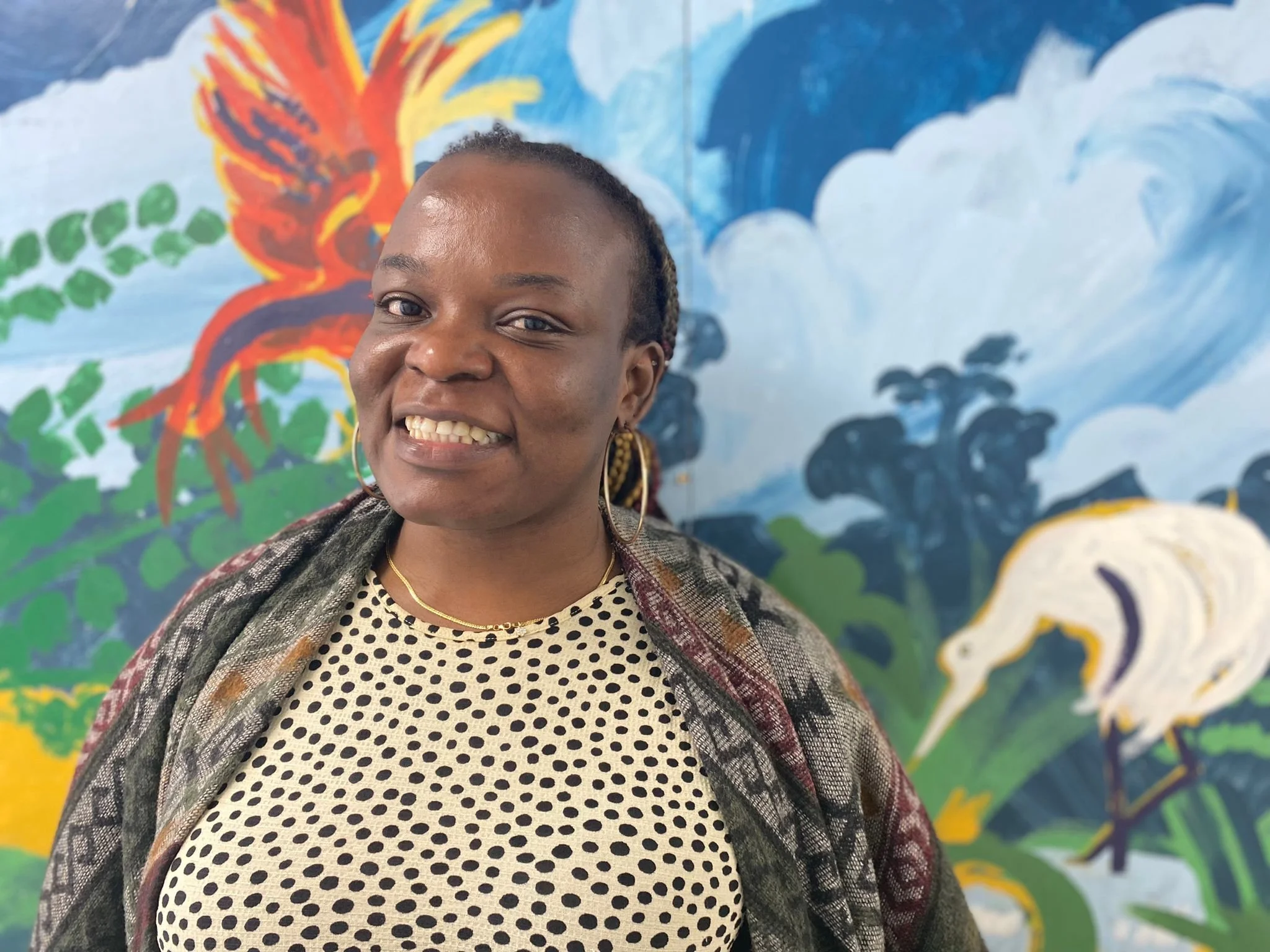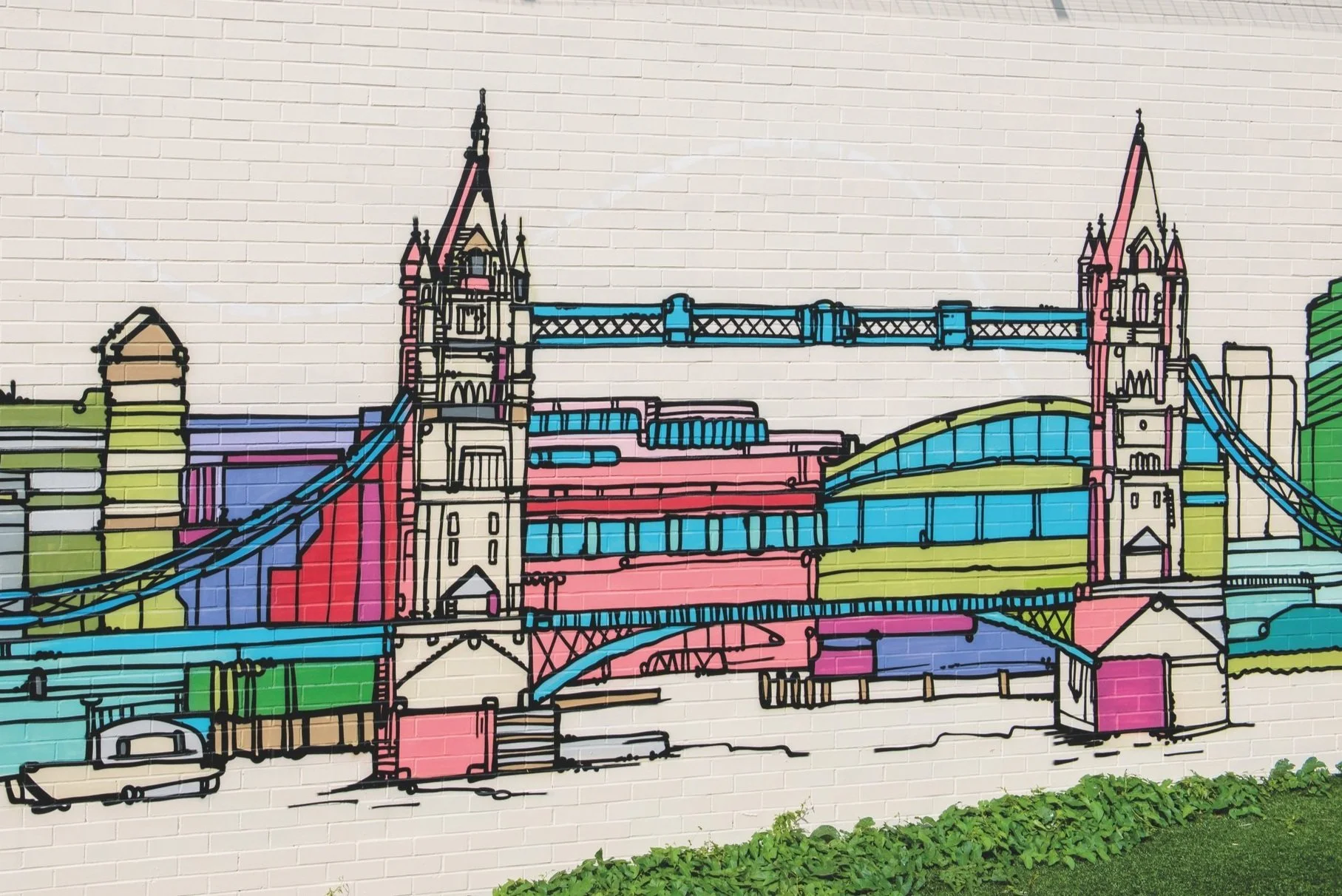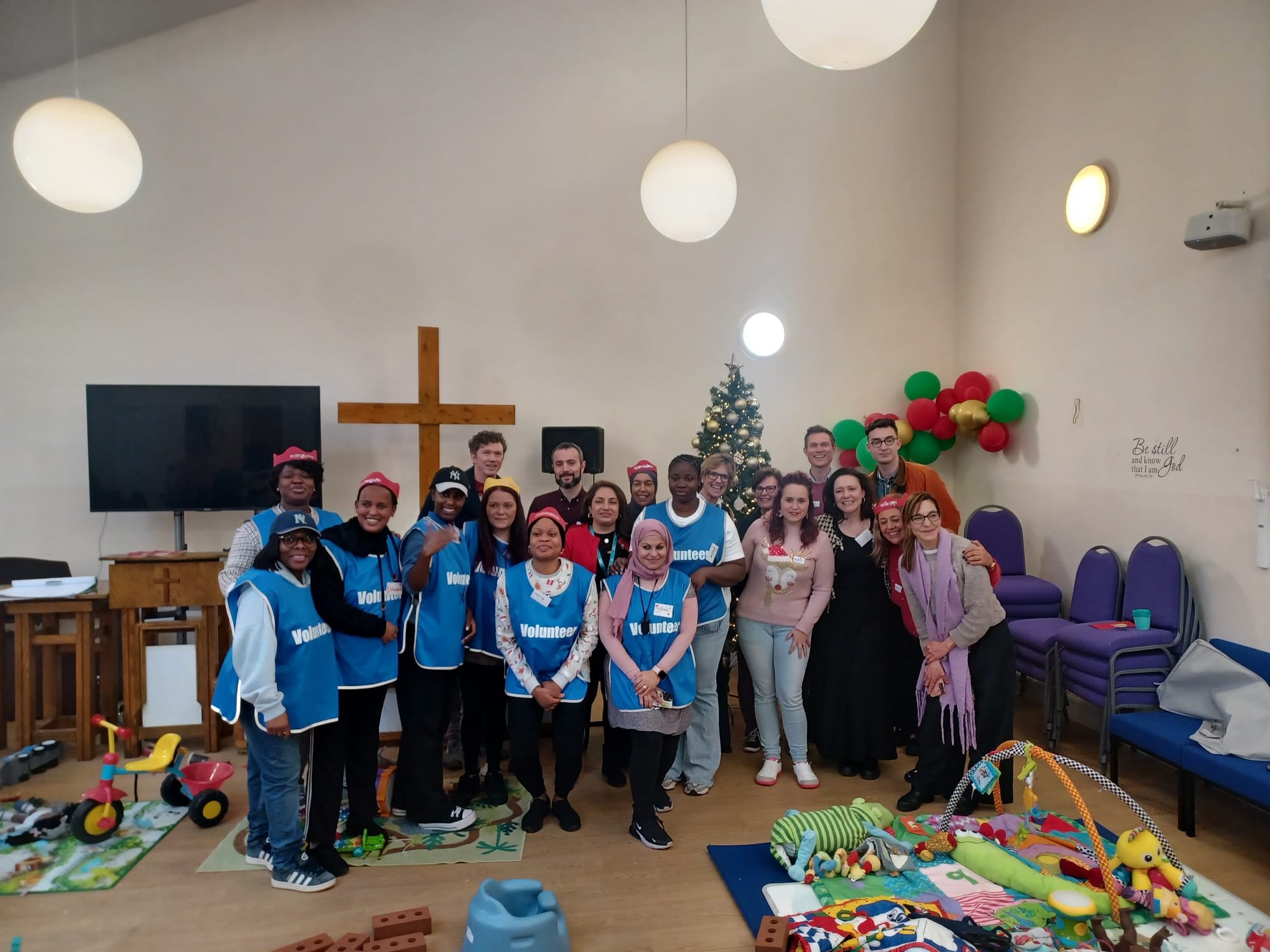Access to services
for migrants and refugees
Making healthcare fairer and more inclusive.
Migrants and refugees often face barriers when trying to register with a GP or access mental health support. Language, fear, complex systems and discrimination can all make it harder to get the right care.
Through South London Listens, communities told us that access to services was a top priority. Together with NHS partners, we are removing barriers and creating more welcoming, inclusive services.
What we’re working on
Expanding Safe Surgeries so every GP practice understands and applies the principles.
Embedding community workers within health services to provide trusted support and bridge the gap between patients and staff.
Building awareness of rights to healthcare among communities and professionals.
Our priorities
Increase the number of GP practices across south London signed up as Safe Surgeries
Share best practice and success stories across boroughs
Work with local communities to raise awareness of people’s rights to register with a GP
Embed inclusive practice into wider NHS and community services
Patient Advocacy Guide
We worked with Lewisham Refugee & Migrant Network (LRMN) and NHS South East London to co-produce a Patient Advocacy Guide. It explains how people with different immigration or charging statuses can access NHS care.
The guide covers:
Which health services are always free for everyone
Who is exempt from charges
What to do if you’re asked to pay unexpectedly
Download the guides below:






